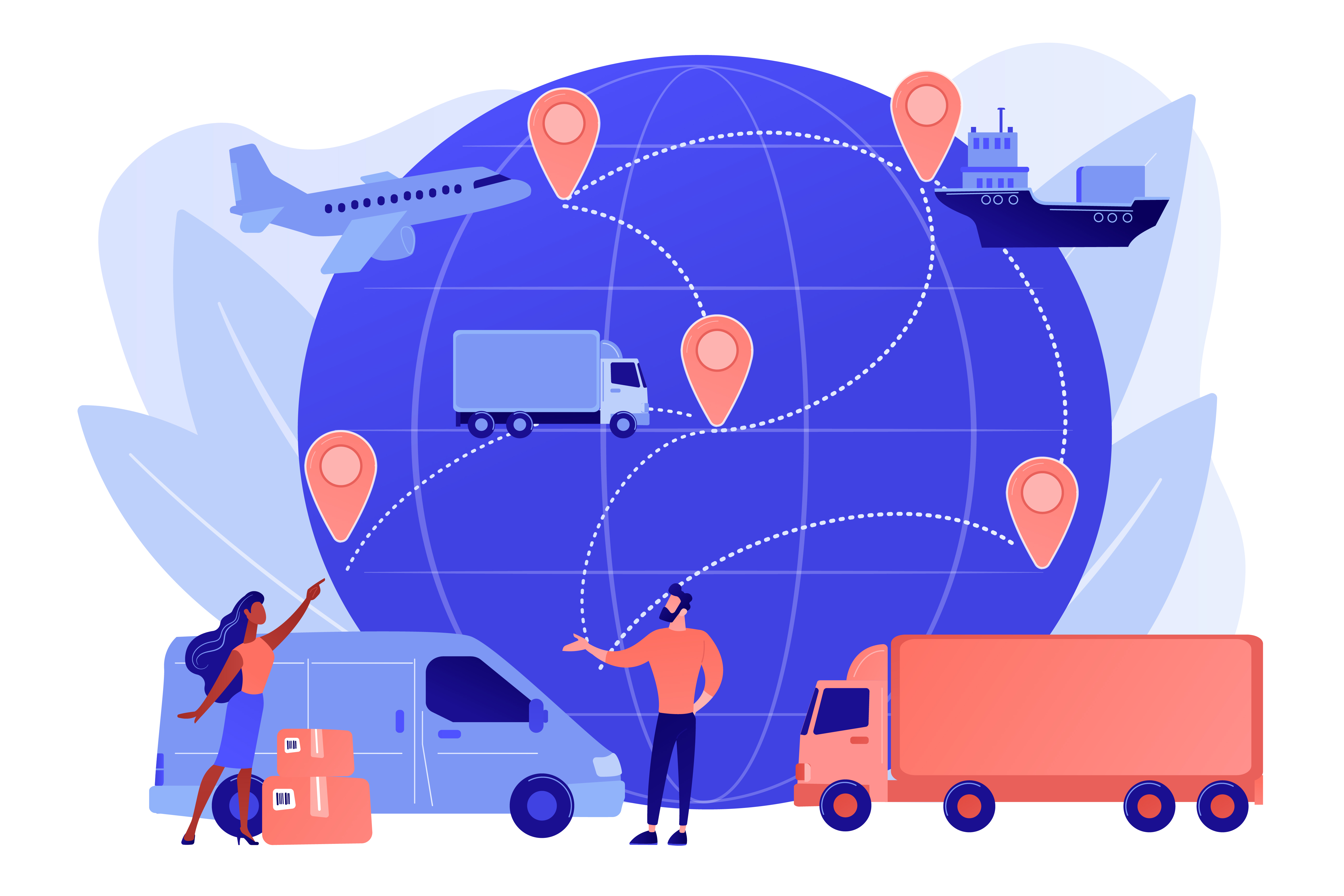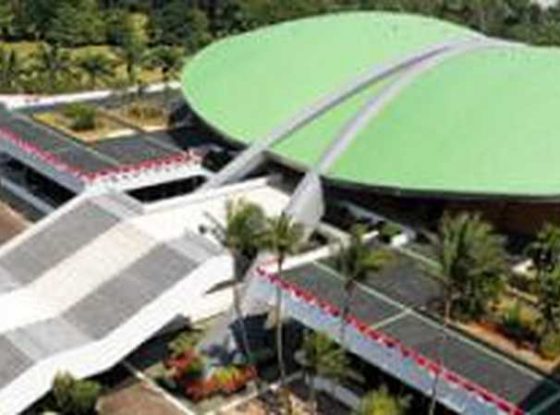5 Technologies to Make Your Supply Chain Smart

According to Gartner’s survey Lessons Learned From the 2022 Supply Chain Award Winners, 61 percent of supply chain leaders consider technology a source of competitive advantage. And it’s no surprise they think so, since digitization and the integration of innovative technologies have allowed organizations to transform their logistics workflows, thereby increasing operational efficiency, customer satisfaction, and, as a result, profits.
While many supply chain companies adopt technology to optimize specific logistics aspects, others opt for a more daring, holistic, and effective approach and carry out a complete supply chain transformation, standing out from their forward-thinking competitors. Among such innovative companies the implementation of smart supply chains – one of the most innovative concepts in logistics software development, implying a mix of technologies such as the Internet of things, artificial intelligence, and blockchain – is gaining popularity.
What is a smart supply chain?
In short, a smart supply chain is a digitized system encompassing AI, IoT, and blockchain capabilities and enabled by a number of related technologies such as the cloud or supply control towers. All these tech tools work together, enabling enterprises to achieve advanced logistics workflow automation and optimization while reducing supply chain costs and risks.
Unlike traditional supply chains, which are static by nature, smart ones utilize an advanced technology toolset to process and analyze vast amounts of data, thus gaining the ability to constantly evolve, improve, and adapt to ever-changing customer needs. In addition, due to their flexibility and adaptability, smart supply chains are better geared to global logistics management, because they can comply with various regulatory regulations and support hundreds and thousands of supply chain participants.
Five essential technologies of a smart supply chain
Now, let’s move on to the technology which forms the backbone of a typical smart supply chain.
Internet of things
The implementation of IoT is one of the critical elements in a smart supply chain, and there are several reasons for this. First, the Internet of things allows enterprises to monitor the status and location of their fleets remotely. This way, logistics specialists can see that specific fleet units require immediate maintenance or adjust their routes in real time if needed. Second, IoT sensors can track the condition of the cargo by monitoring parameters such as temperature or humidity. This enables enterprises to control the state of the goods and ensure that each customer receives its order in perfect condition.
Artificial intelligence
Given that a smart supply chain processes vast amounts of data that can be used in demand forecasting, it would be unwise to miss the opportunity to analyze it – and this is where AI may come in handy. With its help, demand forecasting experts no longer need to spend hours manually analyzing data coming from different parts of the supply chain. Instead, employees can apply AI-based software to process the data automatically and then use it to make relevant resource planning decisions.
By the way, AI can bring even more practical benefits in combination with the IoT. In particular, AI can collect and analyze data gathered by IoT sensors to make route and delivery optimization recommendations, which can later be approved and carried out by enterprise employees.
Blockchain
Integrated into a smart supply chain, blockchain technology can dramatically increase its transparency by providing an immutable ledger for storing data from various sources. In turn, different supply chain members, such as distributors, can access this ledger to view accurate and unchanged data about the goods’ status and location.

Among other things, blockchain adoption enables enterprises to utilize electronic protocols called smart contracts, which speed up the contraction process and automate transactions. For instance, when the conditions of a particular contract are met, a smart supply chain can automatically transfer funds between network participants. Thus, blockchain technology not only speeds up the transaction but also reduces the role of the human factor, decreasing the chances of mistakes and errors.
Cloud computing
In general, the work of a smart supply chain involves a ceaseless and continuous data exchange between multiple software systems, tools, and enterprise departments. If data exchange management is too slow or inefficient, the benefits of the entire smart supply chain adoption may be undermined.
To prevent this issue, enterprises may establish a reliable digital environment for integrating various logistics aspects and data sources, and here cloud computing may be the best choice. Organizations can enable real-time data sharing, foster employee collaboration, and use the cloud as a centralized platform for managing and exchanging supply chain data.
Supply control towers
In addition to cloud adoption, enterprises can build supply control towers to streamline data management and exchange further, accelerating the entire supply chain transformation process and improving its visibility. Acting as a single data repository, a supply control tower connects various data sources, collects data from different network participants, analyzes the data in real time, and provides data access to other involved parties.

It is worth noting that smart supply chain adoption requires a holistic transformation approach, meaning that all of the above technologies should be implemented simultaneously and integrated with each other. Of course, such a complex approach requires exceptional software development skills and expertise. After all, developers must not only implement a diverse range of technology and tools but also transform the related workflows. So, before starting the project, enterprise decision-makers should consult third-party logistics software experts who can assess the project’s ROI and viability and, if needed, carry out a supply chain transformation.
Ever-growing customer demands and changing market conditions, the need to manage multiple regulatory requirements, and the risks of supply chain disruptions are driving enterprises to adopt innovative tech in order to transform and improve their logistics operations. By implementing technologies such as AI, IoT, blockchain, cloud, and supply chain towers, enterprises can establish smart supply chains, which are more transparent and efficient than traditional ones. In addition, smart supply chains are capable of continuous advancement while providing maximum flexibility and scalability.
Source : epsnews.com



